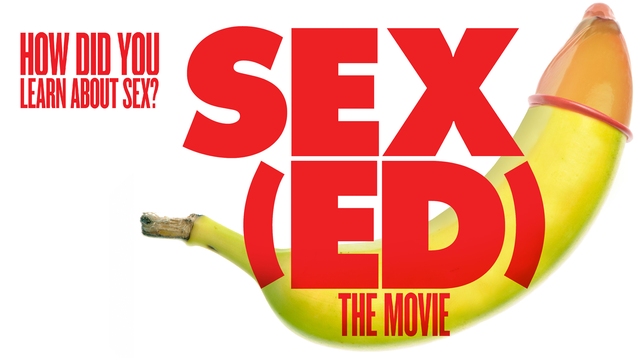As long as there has been sex education, there have been sex education films. Since America's first class in 1893, over 100,000 have been produced. Sometimes instructive, often hilarious, and always excruciatingly awkward, they have led generations of abashed students to think of the act of love in terms of valves and plumbing. But as this doc attests, beneath the fumbling exterior, their content brilliantly captures the changing moral and cultural attitudes that bore them.
"I'd like to begin with a fact", announces the smartly dressed presenter of 1965's 'Perversion for Profit', a short film produced to warn America's impressionable youth of the dangers of masturbation, lesbianism, and other forms of sexual deviance.
"Moral decay is spreading through our society. And once a person is perverted, it is practically impossible for that person to adjust to normal attitudes in regard to sex."
The importance of film in the establishment of such 'normal attitudes' is impossible to overstate. For more than a century films have been the primary tool for teaching sex education in schools, with every condom-clad banana revealing something about the social agenda of the era that begot them.
"Every epoch goes through these issues", says Rick Prelinger, film archivist and professor at UC Santa Cruz.
"There's so many things where society feels we have to come up with a standardised narrative, it's inevitable that we outsource some of the tough stuff to the media."
From 'Sins of Love' (1918) and 'Forbidden Desire' in the early twentieth century, to 'Damaged Goods' (1961), 'Early Homosexual Fears' (1972), and the Broadway-styled 'Herpes!' (1996) of post-VD America, this revealing doc charts the emergence of an entire mythology surrounding sex and gender that has shaped our relationships for five generations. But with just 22 US states mandating sex ed in schools, and only 12 of these stipulating it must be based on fact, could this mythology be set to multiply?
LEARN MORE.
WATCH MORE.
JOIN THE DISCUSSION.

Official Selection - Full Frame Documentary Film Festival 2014

Official Selection - Cleveland International Film Festival 2014

Official Selection - Cinequest Film Festival 2014

Official Selection - Dances With Films 2014
 As long as there has been sex education, there have been sex education films. Since America's first class in 1893, over 100,000 have been produced. Sometimes instructive, often hilarious, and always excruciatingly awkward, they have led generations of abashed students to think of the act of love in terms of valves and plumbing. But as this doc attests, beneath the fumbling exterior, their content brilliantly captures the changing moral and cultural attitudes that bore them.
As long as there has been sex education, there have been sex education films. Since America's first class in 1893, over 100,000 have been produced. Sometimes instructive, often hilarious, and always excruciatingly awkward, they have led generations of abashed students to think of the act of love in terms of valves and plumbing. But as this doc attests, beneath the fumbling exterior, their content brilliantly captures the changing moral and cultural attitudes that bore them.
 Official Selection - Full Frame Documentary Film Festival 2014
Official Selection - Full Frame Documentary Film Festival 2014
 Official Selection - Cleveland International Film Festival 2014
Official Selection - Cleveland International Film Festival 2014
 Official Selection - Cinequest Film Festival 2014
Official Selection - Cinequest Film Festival 2014
 Official Selection - Dances With Films 2014
Official Selection - Dances With Films 2014





